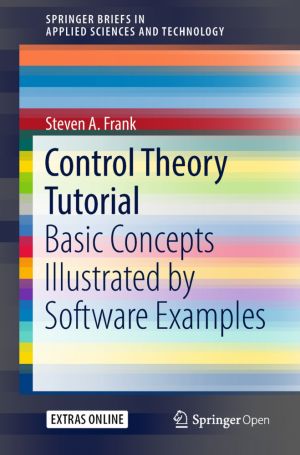
This open access brief introduces the basic principles of control theory in a concise self-study guide. It complements the classic texts by emphasizing the simple conceptual unity of the subject. A novice can quickly see how and why the different parts fit together. The concepts build slowly and naturally one after another, until the reader soon ha...
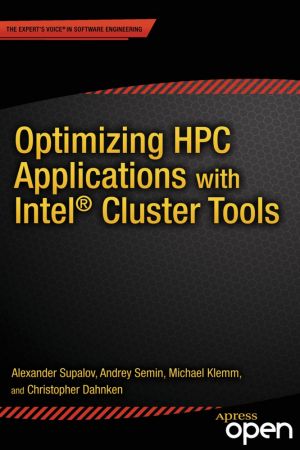
Optimizing HPC Applications with Intel Cluster Tools takes the reader on a tour of the fast-growing area of high performance computing and the optimization of hybrid programs. These programs typically combine distributed memory and shared memory programming models and use the Message Passing Interface (MPI) and OpenMP for multi-threading to achieve...
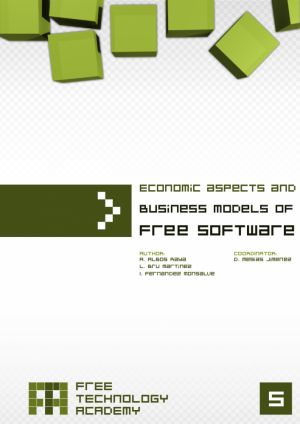
This module is focused on the study of Free Software in relation with the private sector and the economic implications of its use and development models. We analyse the software industry from an economic perspective: how it was affected by the raise of free software and what is its potential for the future. On the other hand, we study how to use Fr...
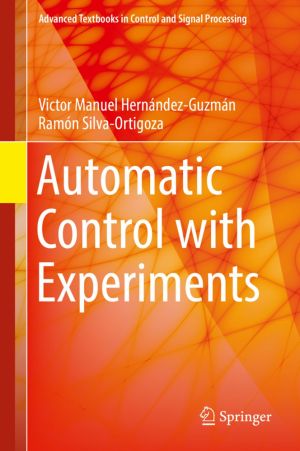
This book presents theory and practice in the context of automatic control education. It presents the relevant theory in the first eight chapters,applying them later on to the control of several real plants. Each plant is studied following a uniform procedure: a) the plant’s functionis described, b) a mathematical model is obtained, c) plant cons...
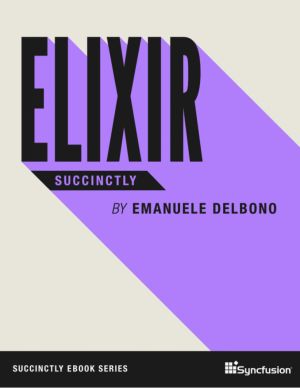
Author Emanuele DelBono guides readers along the first steps of mastering the Elixir programming language in Elixir Succinctly. Providing a brief overview of Elixir's history and purpose and clear instructions to create an app with Elixir, DelBono makes it easy for developers who wish to add a new language to their repertoire....
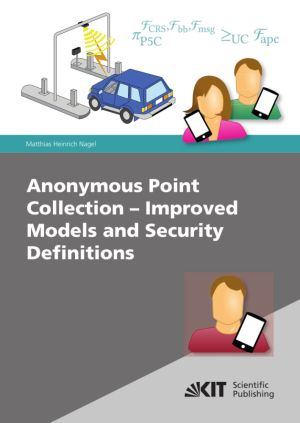
This book is a comprehensive, formal treatment of anonymous point collection. The proposed definition does not only provide a strong notion of security and privacy, but also covers features which are important for practical use. An efficient realization is presented and proven to fulfill the proposed definition. The resulting building block is the ...
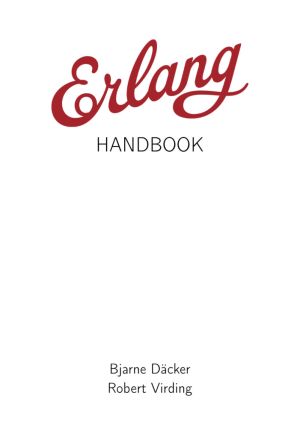
Erlang is the result of a project at Ericsson's Computer Science Laboratory to improve the programming of telecommunication applications. A critical requirement was supporting the characteristics of such applications, that include: massive concurrency, fault-tolerance, isolation, dynamic code upgrading at runtime, transactions.
Throughout t...
